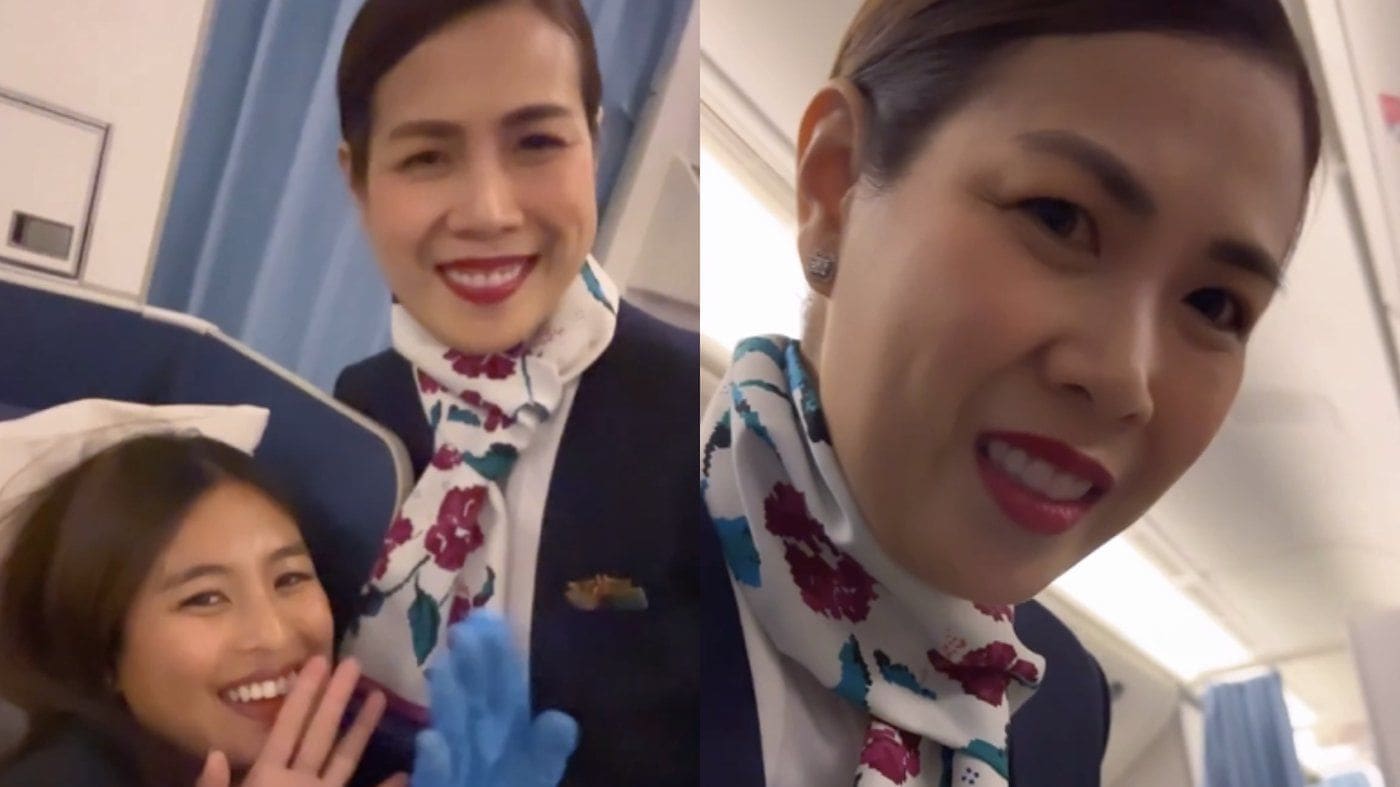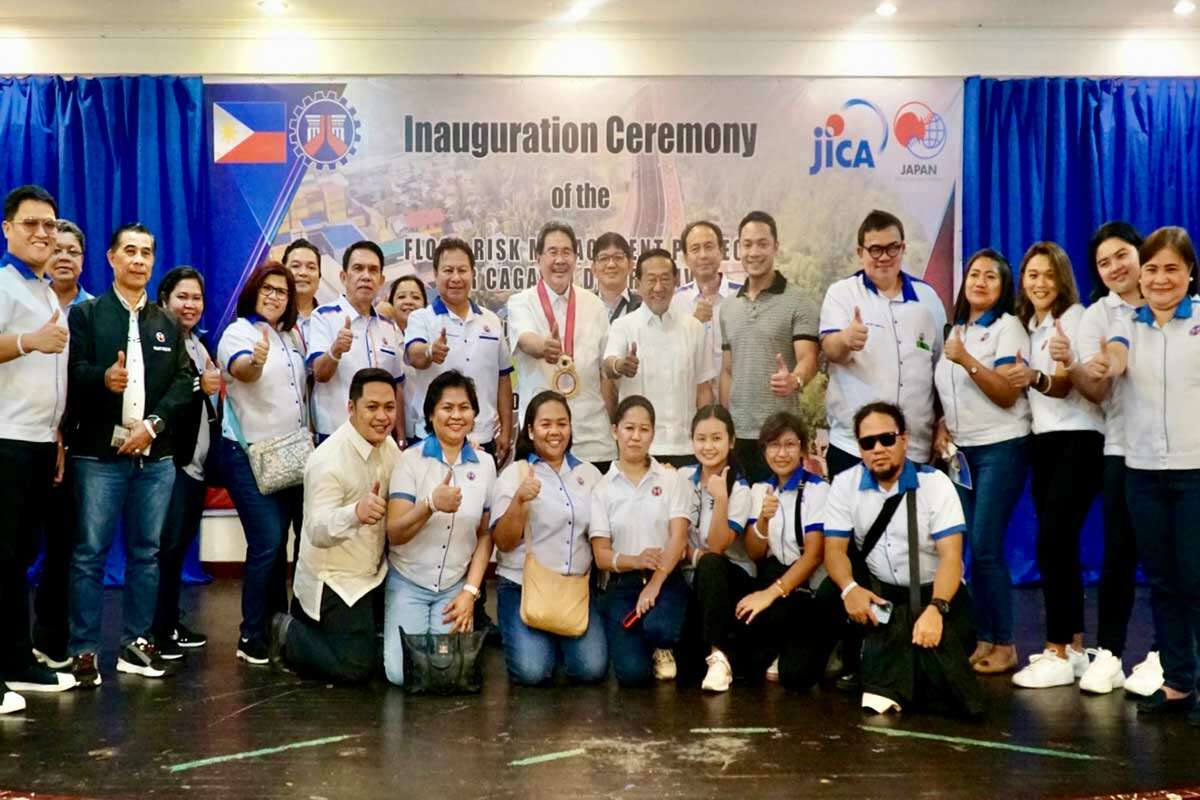Deputy Speaker and Antipolo Representative Ronaldo Puno asserted on Friday that the Office of the Ombudsman should grant requests for copies of the Statement of Assets, Liabilities, and Net Worth (SALN) of public officials, emphasizing there is no legal barrier to such disclosure.
In response to inquiries about the Ombudsman’s 2020 policy that limits SALN access unless authorized by the document owner, Puno stated, "I don't believe the law prohibits SALN documents from being publicly available. These should be public records." A former Secretary of the Department of the Interior and Local Government, Puno highlighted that the Ombudsman serves as the official repository of SALNs of government employees and officials.
He explained, "If SALNs were confidential, what would be the point of filing them? The intent is to prevent ill-gotten wealth. Public office is a public trust, and documents submitted to hold such offices should be accessible to the public."
Under Republic Act 6713, also known as the Code of Conduct and Ethical Standards for Public Officials and Employees, officials and employees are mandated to submit declarations under oath, including their assets, liabilities, net worth, and financial interests, along with those of their spouses and minor, unmarried children living in the same household. The same law entitles the public to access these declarations, provided the requester covers the reproduction and mailing costs.
Furthermore, Section 34 of the 1987 Administrative Code requires that specific high-ranking officials, such as the President, Vice-President, Cabinet members, Congress, Supreme Court justices, constitutional commissions, and senior military officers, disclose their SALNs publicly as prescribed by law.
Addressing whether the Ombudsman should release SALN documents without the consent of the owner, Puno remarked, "He should, unless a law explicitly forbids it. The current consent requirement is merely a policy."
During the same press briefing, Puno expressed support for the President's call to conduct lifestyle checks. He encouraged simultaneous investigations by the Ombudsman, journalists, and the public, saying, "Ostentatious displays of wealth are inappropriate and undesirable for public officials. Why restrict lifestyle checks to the Ombudsman? Media and citizens can also participate."
Highlighting that social media users are already conducting such checks on individuals involved in controversies like flood control projects, he said, "If the media has the means, there is no reason to bar them from conducting lifestyle checks."
The Code of Conduct in RA 6713 further stresses that public officials and their families should live modestly, avoiding extravagant or ostentatious displays of wealth.
Puno suggested that existing laws need revision to clarify when the exhibition of wealth crosses into impropriety. "We need to establish clear standards on when displaying possessions contradicts societal values or laws. Lifestyle checks must go beyond idle gossip—they build cases." He added, "If wealth cannot be reasonably explained, that warrants an investigation. Ostentatious displays should trigger scrutiny by investigative bodies."
Notably, in 2020, then Ombudsman Samuel Martires halted lifestyle checks, arguing that wealth alone is not a definitive indicator of corruption.
Recommended For You

Authorities Intercept 22 Individuals in Human Trafficking Attempt in Tawi-Tawi
Sep 19, 2025
Rafael Villanueva

Gabbi Garcia Highlights Hard-Earned Travels Amid Criticism of Political Kin’s Lavish Displays
Sep 19, 2025
Christine Reyes

Cagayan de Oro Credits Disaster Management Team for Smooth 'Higalaay' Festival
Sep 19, 2025
Rafael Villanueva

PLDT and Kobe Shinwa University Set for Premier Volleyball League Invitational Final
Sep 19, 2025
Sofia Lim
